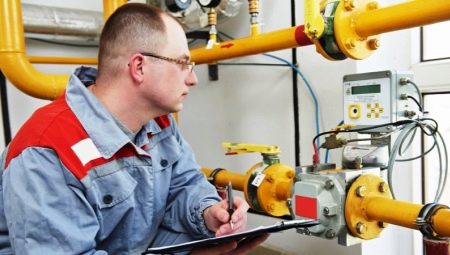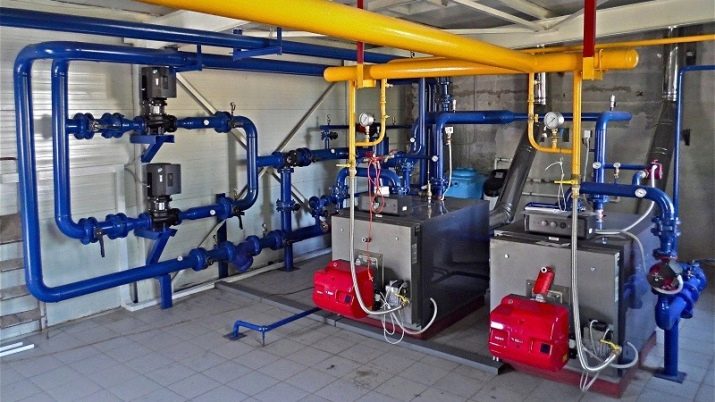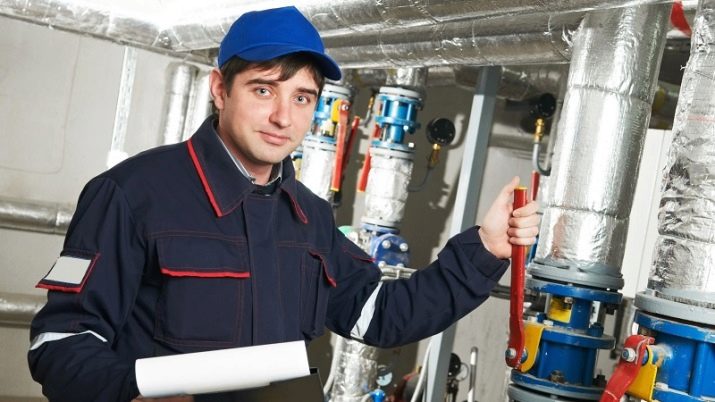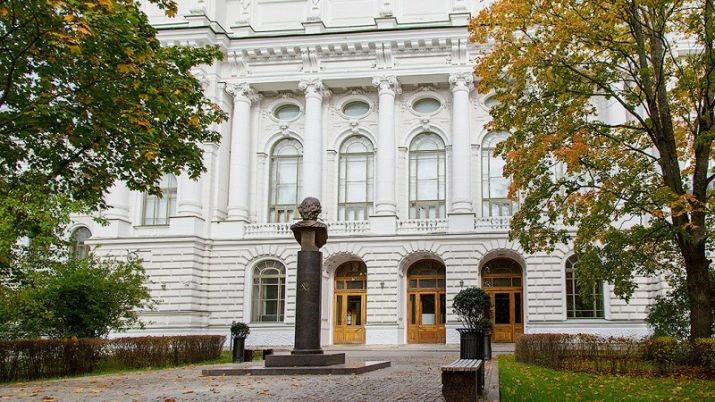All about the profession of heating engineer

Each of us in the days of cloudless childhood thought about choosing a future specialty. Someone wanted to become an astronaut, and someone - a military man, a doctor or someone else. Today we will tell you about the profession on which a lot depends in the field of ensuring comfortable and safe life for people - it is a heating engineer.

Description
People have been keeping warm in their homes since time immemorial. Now it is difficult even to imagine that it is maintained with the help of ovens in comfortable houses, offices or industrial facilities. They were replaced by centralized heat supply systems. Over time, they only improved, and there was a need for a separate profession - a heating engineer. The work of professionals in this field is to ensure an uninterrupted supply of heat to all types of buildings and structures, both in the public and private sectors. A lot depends on the qualifications of specialists, including the comfortable stay of people in the premises. Power outages during the cold season are a simple disaster.
A huge number of people work in the field of ensuring a comfortable microclimate in small and large enterprises from boiler houses to nuclear power plants. Requirements may vary depending on the place of work. At some enterprises, it will be necessary to deal not only with the maintenance and repair of engineering installations, but also with the design of sewerage and air conditioning systems. The heating engineer is a very relevant specialty, since resource conservation is now in the first place.
A person who has chosen this profession must have the following personal characteristics:
- purposefulness;
- special technical mindset;
- perseverance;
- attentiveness;
- excellent memory.
Physical health is also of great importance. Operating the equipment requires significant effort and this can be a problem.

Responsibilities
The positions of heat engineers are occupied by specialists with engineering and secondary technical education, respectively, and their job descriptions are different. There are certain professional standards that include all the requirements for specialists in this industry. The list of responsibilities may vary depending on the company in which the specialist works, but there is also a general one.
The heating engineer is obliged:
- know all the documentation that normalizes its activities, the mode of operation of the enterprise, the layout of communications and their parameters;
- be able to install, repair equipment and make its safe start;
- make sure that the heating equipment is operated in accordance with the specified parameters;
- monitor data on energy costs;
- analyze the consumption of heat and water consumption;
- draw up an action plan to save energy resources and monitor its implementation;
- control the heat and water supply system and prevent malfunctions in its operation;
- monitor compliance with safety rules in the area of their responsibility;
- take part in the launch of new facilities and the conclusion of contracts with consumers of services.
It turns out that, in fact, a heating engineer must perform not only technical tasks, but also maintain various documentation.

The professional standard technique is a little simpler and includes the following points:
- the specialist must know and be able to apply technical documentation;
- carry out, under the guidance of a more trained specialist, control over the uninterrupted operation of boiler houses, heating mains and other equipment;
- monitor the maintenance and correct filling of technical journals by personnel;
- if there is a malfunction in the operation of the heating equipment, immediately inform your manager and make an entry in the log about the nature of the malfunction;
- in the event of complaints about the operation of boiler houses, register them and take measures to eliminate them as soon as possible;
- before the start of the heating season, it is mandatory to participate in the preliminary start-up under load of heat supply systems;
- make sure that all the documents and permits for working with the equipment are available and comply with the established standards for the employees subordinate to him;
- regularly monitor the availability of metering devices for resource consumption and documentation at heating plants;
- observe safety regulations.
A technician performs a large amount of work, and the safety of people's lives depends on the quality of its performance.

Knowledge and skills
A specialist of any qualification in the field of heat engineering must know and fully comply with the requirements of normative documentation for labor protection and the environment, all guidelines for methods of repair and acceptance of work. You will also need knowledge and ability to work on personal computers. This is not strange: quite often you will have to deal with the preparation and design of heat supply schemes using the latest software to increase their efficiency.
Heating technicians work with a large number of people under their authority, or clients, and they require high communication skills and the ability to manage personnel. You need to be able to read drawings and diagrams, that is, there is a need for basic knowledge in mathematics, chemistry and physics. You will have to work both individually, setting an example for employees, and in a team. Leadership skills are essential. The specialist must constantly educate himself.Science does not stand still, so you constantly need to update your knowledge.
A responsibility
Heating technicians have a huge responsibility. If the duties are not performed in full or the specialist does the work out of time, then he may be punished - administrative or, in some cases, criminal. The punishment is determined within the framework of the law and depends on the degree of material and moral damage inflicted.
Also, liability may be imputed for disclosing information about an organization constituting a commercial or official secret, unlawful use of one's powers granted by the current position.

Education
Such positions are assigned to specialists who have completed training and received specialization at a technical university with a faculty of "Heat power engineering and heat engineering". It is better, of course, to get a specialty in prestigious educational institutions, of which there are many in the country, because after their graduation the list of opportunities will be much wider.
Higher education can be obtained in such well-known institutions as:
- National Research University "MPEI";
- Moscow Polytech;
- Peter the Great SPbPU;
- Far Eastern Federal University;
- Mytishchi branch of the Moscow State Technical University. N.E.Bauman.
But beyond that, there are many more in the capital or regions. Numerous colleges also offer specialized education. The best of them are located in Yekaterinburg, Omsk, Kazan and Ufa. But if you have ambitions and want to be an engineer, then in any case you will have to graduate. Many businesses want to have employees with a complete engineering background. Also, after graduating from university, you can choose a research path, which is impossible after a technical school (college).
After graduation from an educational institution, education does not end, and professional retraining of specialists should be carried out every five years, but not less often. You can improve your qualifications by taking professional retraining courses. If you already have a higher education in another profile, but you are interested in heat engineering, you can also, using these courses, get this specialty without getting a second education and without wasting extra time.

Where can you work?
After graduating from college, the job list isn't all that small. You can work in places where specialists with secondary vocational education are required. This can be the position of a foreman, foreman, head of a section. Engineers are in wider demand. They are required to work in the HOA of apartment buildings, they can work as energy dispatchers, designers of heat supply systems.
Heating engineers are expected in the public sector - there they are very much needed in agencies and inspectorates for energy efficiency control, in industrial enterprises, in utilities. Private companies are also happy to accept these specialists as energy auditors.
What salary?
And now about the pleasant things - about the salary. It should be understood that it largely depends on the region, work experience and specialist qualifications. The average salary in the Russian Federation varies within 40,000 rubles. The minimum is 23,000 rubles and the maximum is 60,000 rubles. In Moscow, the lowest wage is 30,000 rubles, and the upper limit is 90,000 rubles.
The profession of heat engineering is in demand and honorable, because in almost every settlement there are enterprises to provide heat to some object.









